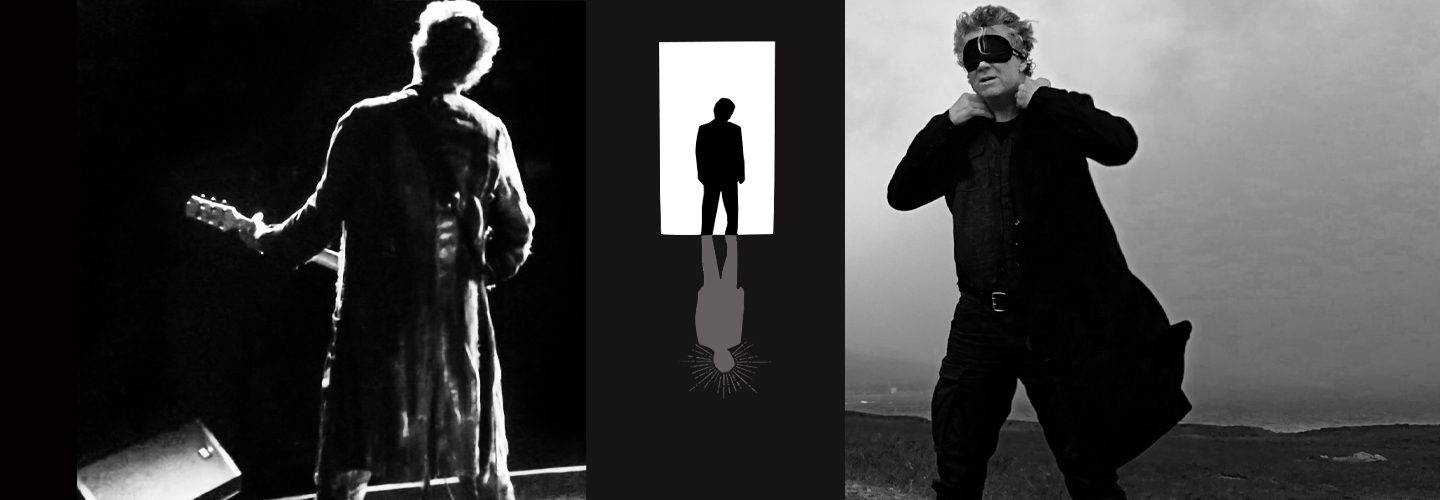“I was having a coffee and a cigarette one morning. You know…on the porch, feet up in front of me. A bird —a nuthatch, actually— landed on my boot,“ he says over his shoulder to me in the back seat, almost apologizing that he knows what kind of bird it is because he’s ‘into’ birds.
“I watched the nuthatch try to bury a seed into my laces.”
“That’s beautiful,” I say to the back of his head. He’s in the driver’s seat, navigating thick traffic. It’s early morning, and we are enroute to the airport.
“Yeah…I mean, I don’t want to make it more than —you know— it is.”
“You don’t have to,” I say. “You don’t have to invent the beauty of it. Its’ all there”
He agrees. A little bolder now he says, “That, for me, is my way of being inside the temple.”
I’m taken aback by his use of the image.
“That’s a genuinely mythical thing, a moment like that,” I say “and you chose to actually see it that way. Not everyone would. Plus, you chose to tell me the story. Now the beauty of that moment belongs to me, too.”
“Oh,” he says “I think anyone would recognize a moment like that.”
“Nah, man. Maybe everyone could, but clearly not everyone does,” I say gazing out the car window at the 18 through lanes of highway pavement under our wheels and concrete everywhere else. “A moment like that can be a crucible…elementally transforming.”
“Crucible!” he proclaims. “I was just thinking of that word!”
We talk a bit more about books and the traffic, but mostly we let what’s left of the sunrise do the talking for us, and we arrive at the airport a little later. We pull the luggage out and pile it on a cart, and shake hands in a slightly rushed and awkward goodbye, the way strangers might after a sudden intimacy.
“See you again,” I say
“I do hope to meet you again,” he says.
Giving myself over to pushing the top-heavy cart through the airport I wonder, how do I find myself in conversations like this with complete strangers?
(75 minutes earlier)
“I used to live right here,” he says as we pass a little tract of row housing around the corner from where he picked me up. Sometimes I use a car service to get to the airport and this morning’s driver is a little older than me, a little taller than me, and speaks with a pronounced and proper English accent.
“Number 92…yeah. Thirty years ago now…” and then we’re past the place his DNA is all over.
“Is it weird?” I ask. “We just slip by a house you used to live in, no fanfare, no shouts of recognition or welcome back, the bricks and mortar not singing your name and slapping you on the back. It used to be home, now it isn’t. So…transient,” I finish, thinking of all the places I’ve lived. I guess I’m in a chatty mood.
“That word —transient—that really strikes me…” he says. “I’ve always felt like that.”
So it begins.
We haven’t been in the car 3 minutes and we are confessing to each other our life-long challenged sense of home, our divorce from land and place, speaking of it like it was a private, broken part of ourselves. An immigrant from South England, his parents had split when he was young and he and his brother were passed around here and there (a recipe for rootlessness if I ever heard one). He couldn’t wait to escape, and he did at quite a young age, only to be reunited with his brother years later in a small town in Canada.
“My best, closest friend,” he said. “A talented artist, broke mostly, a real renaissance man.”
As older men they travelled back to the Old Country and spent time wandering the South Downs , a protected wild area of chalk hills and sweeping fields he and his brother would escape to as youngsters to get away from the dullness of town and the mess of the home front. During the trip they took a photo of a landscape with a solitary windswept tree in it that the brother would later render as an oil painting.
“He died 5 years after that trip. I took half his ashes back to the South Downs and buried them there at the foot of that tree.”
“I guess that’s home, then.” I say after a bit of quiet.
He speaks of wanting to belong somewhere, and we talk of the ‘longing’ part of that word.
“I’m not an atheist, I’m not religious, either,” he says, and we agree that he’s simply uncomfortable with the rabid certainty of both camps.
And that’s when the nuthatch appears.
And that is how the rest of the conversation appears.
And that’s how this leg of the tour starts.
gh,
Sept 12, Hinton, Alberta.
































